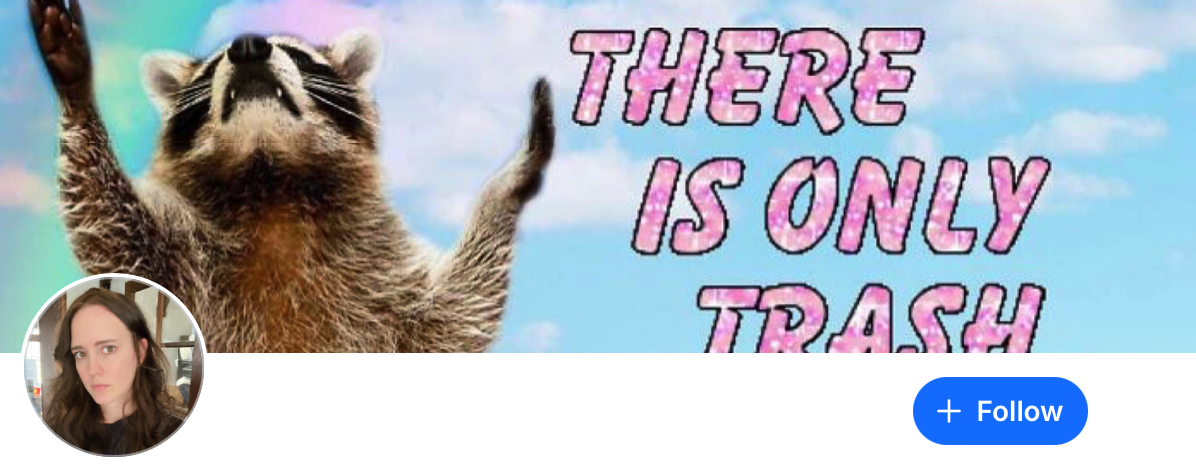A well articulated article in Slate points out why Google+ has lost its chance to compete with Facebook:
That launch-first, fix-it-later strategy has worked marvelously for Google in the past. Gmail didn’t match all of Microsoft Outlook’s features from the beginning—it didn’t even have a delete button—but the stuff it did have (lots of storage and fast search) was so compelling that people were willing to stick with it until it became the best email program in existence. In the same way, I switched to Chrome because it was faster than any other browser I’ve ever used—and I stuck with it even though it lacked add-ons or the ability to bookmark many tabs at once. (It has since added those features.)
But a social network isn’t a product; it’s a place. Like a bar or a club, a social network needs a critical mass of people to be successful—the more people it attracts, the more people it attracts. Google couldn’t have possibly built every one of Facebook’s features into its new service when it launched, but to make up for its deficits, it ought to have let users experiment more freely with the site. That freewheeling attitude is precisely how Twitter—the only other social network to successfully take on Facebook in the last few years—got so big. When Twitter users invented ways to reply to one another or echo other people’s tweets, the service didn’t stop them—it embraced and extended their creativity. This attitude marked Twitter as a place whose hosts appreciated its users, and that attitude—and all the fun people were having—pushed people to stick with the site despite its many flaws (Twitter’s frequent downtime, for example). Google+, by contrast, never managed to translate its initial surge into lasting enthusiasm. And for that reason, it’s surely doomed.
